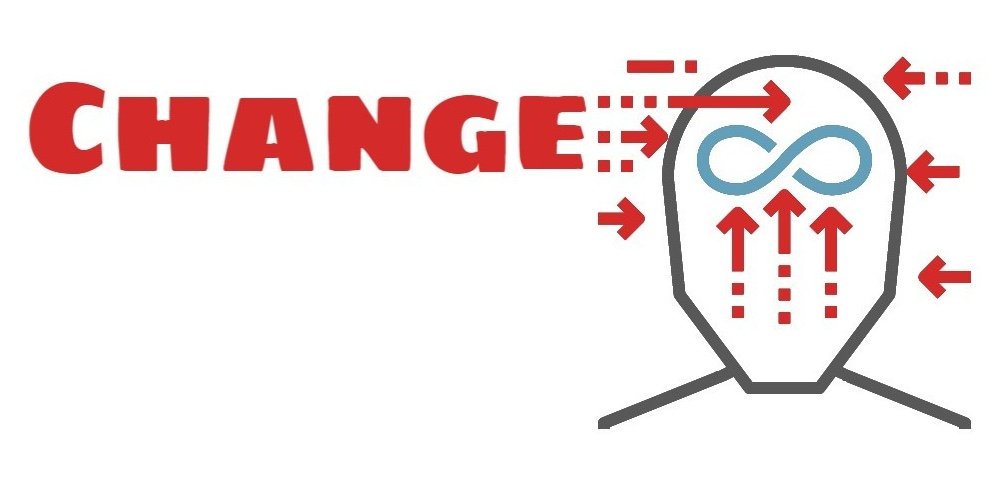Intersectionality was coined in 1989 by professor Kimberlé Crenshaw to describe how race, class, gender, and other individual characteristics “intersect” with one another and overlap. For example, I am both Black and a man, so the lived experiences of discrimination from my perspective as a Black man is different from those of a Black woman or a white man’s.
““Intersectionality is a metaphor for understanding the ways that multiple forms of inequality or disadvantage sometimes compound themselves and create obstacles that often are not understood among conventional ways of thinking.””





















